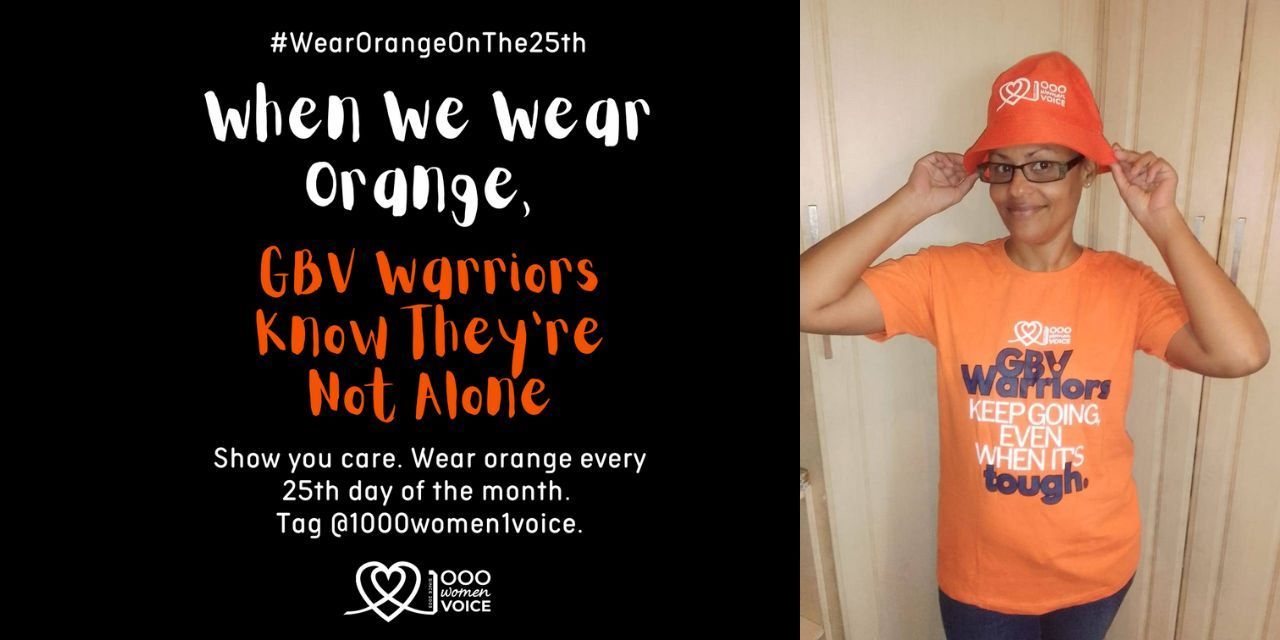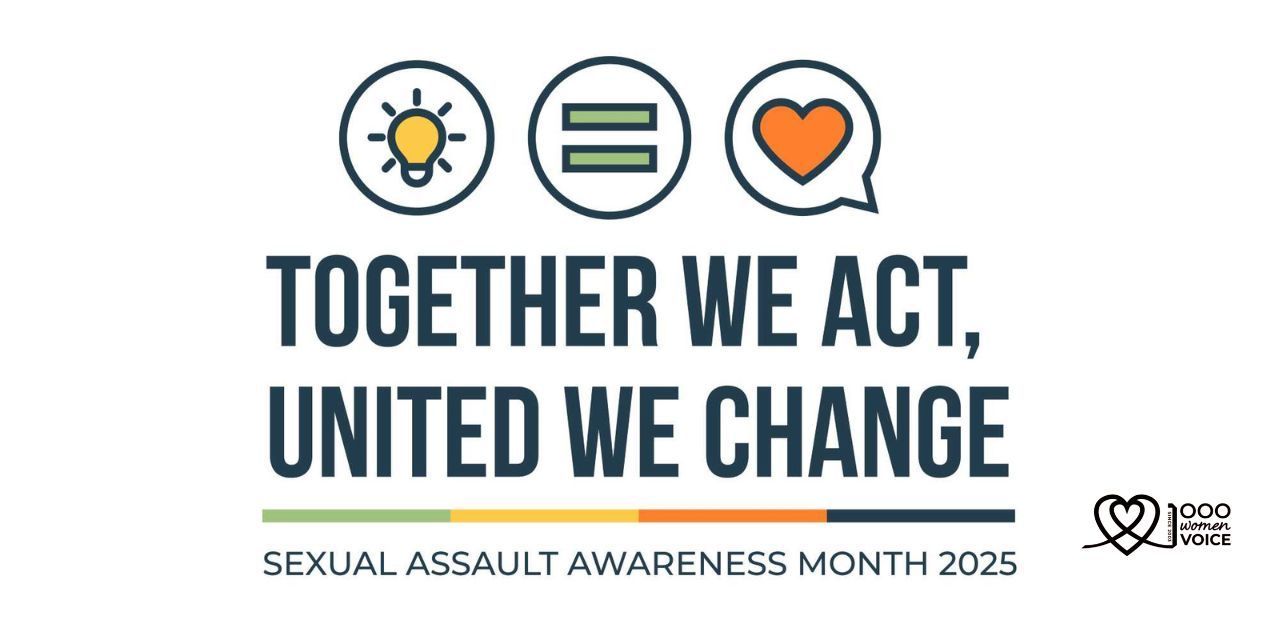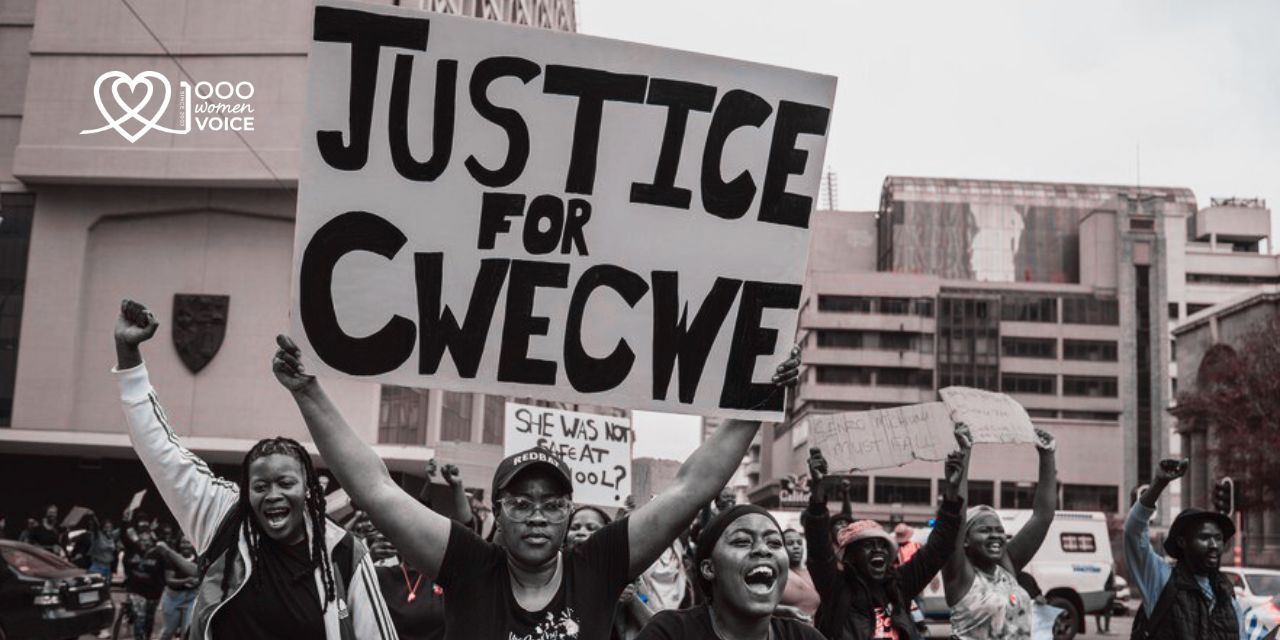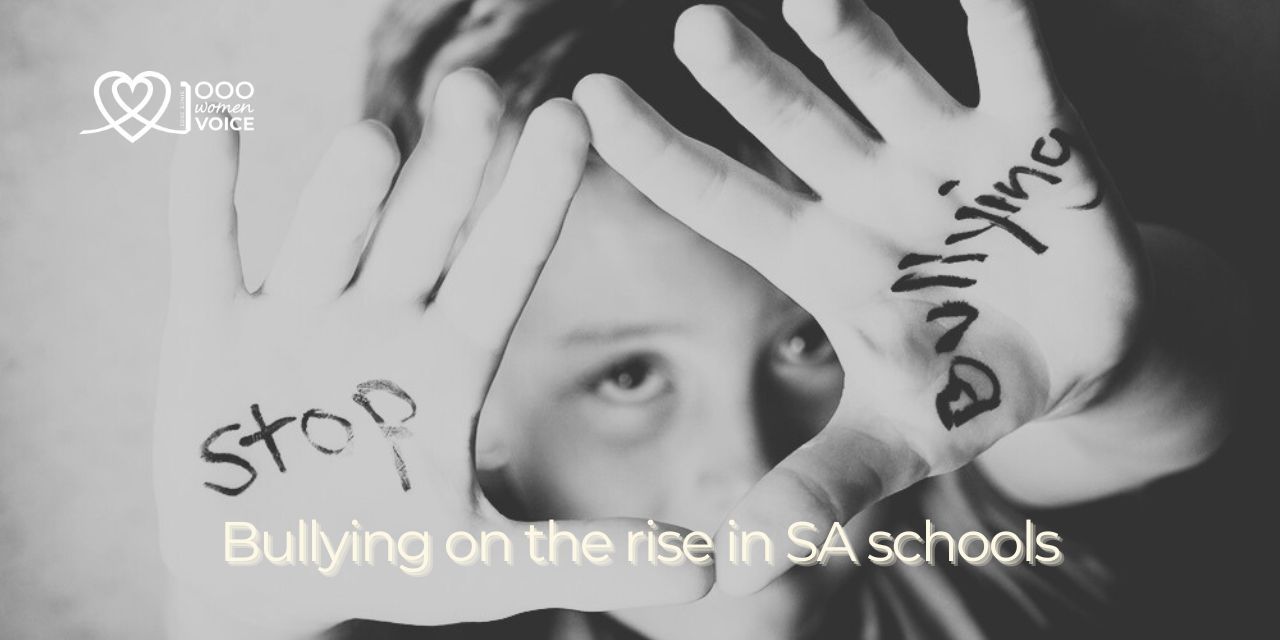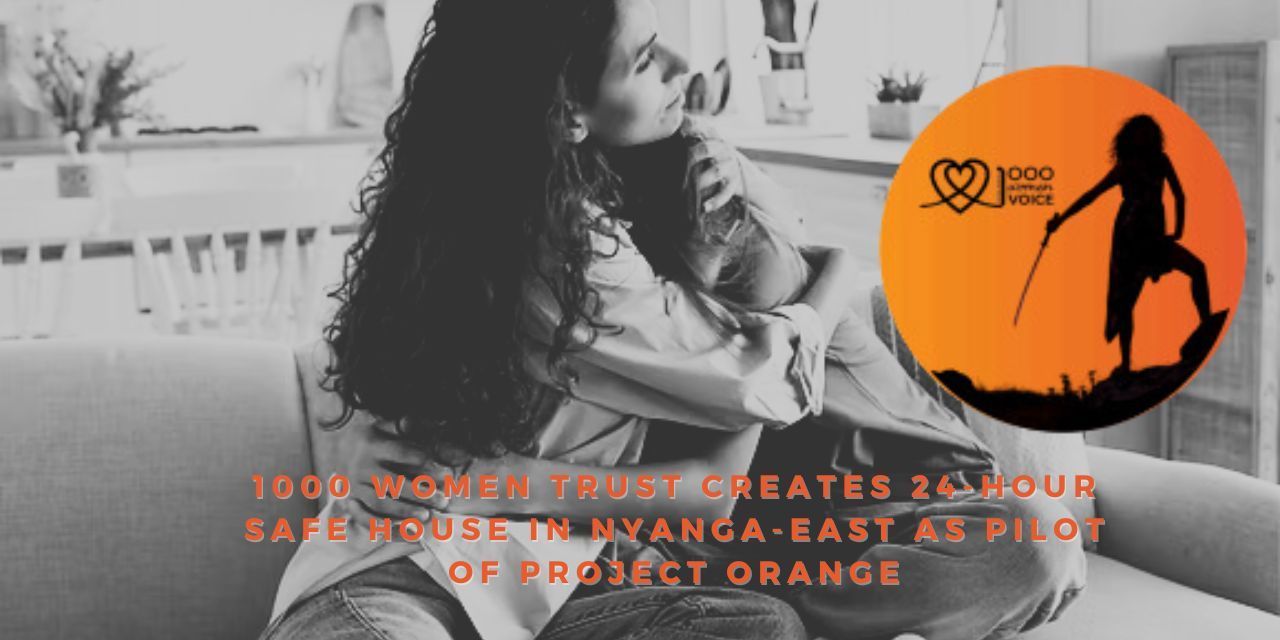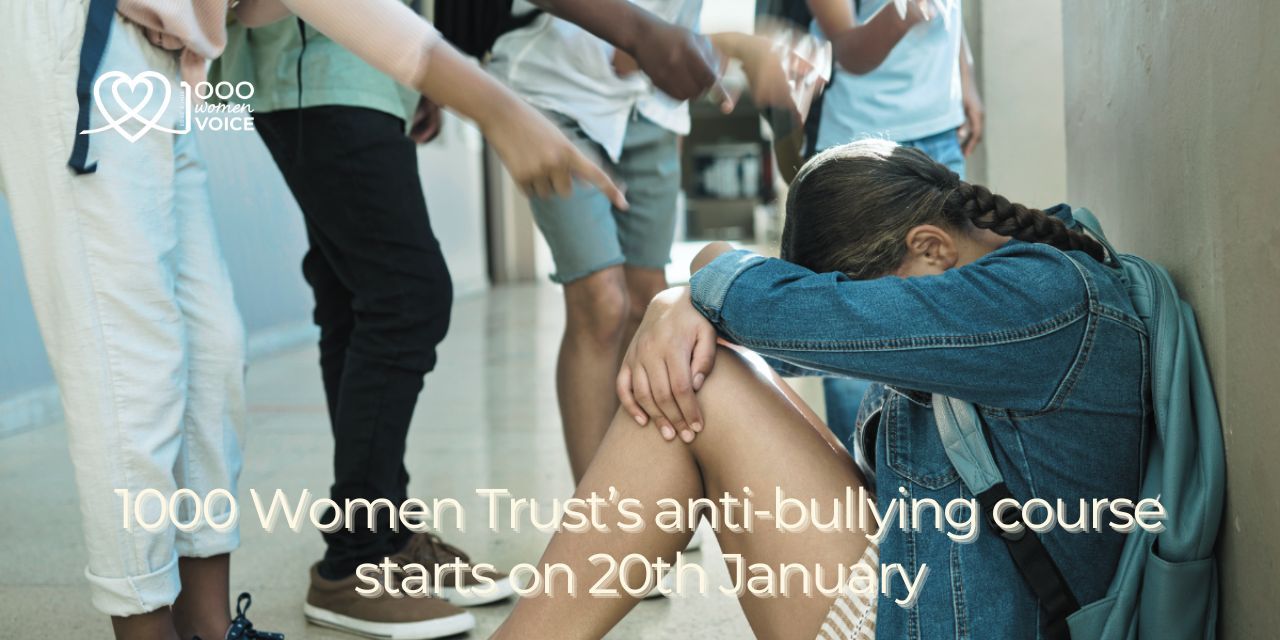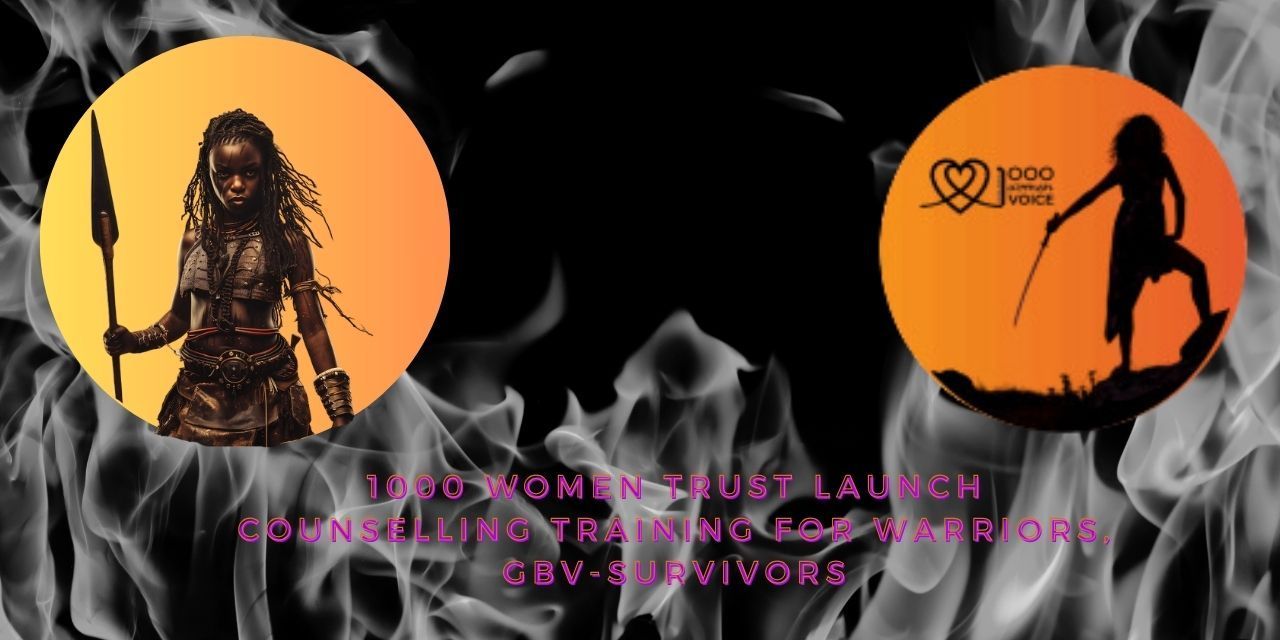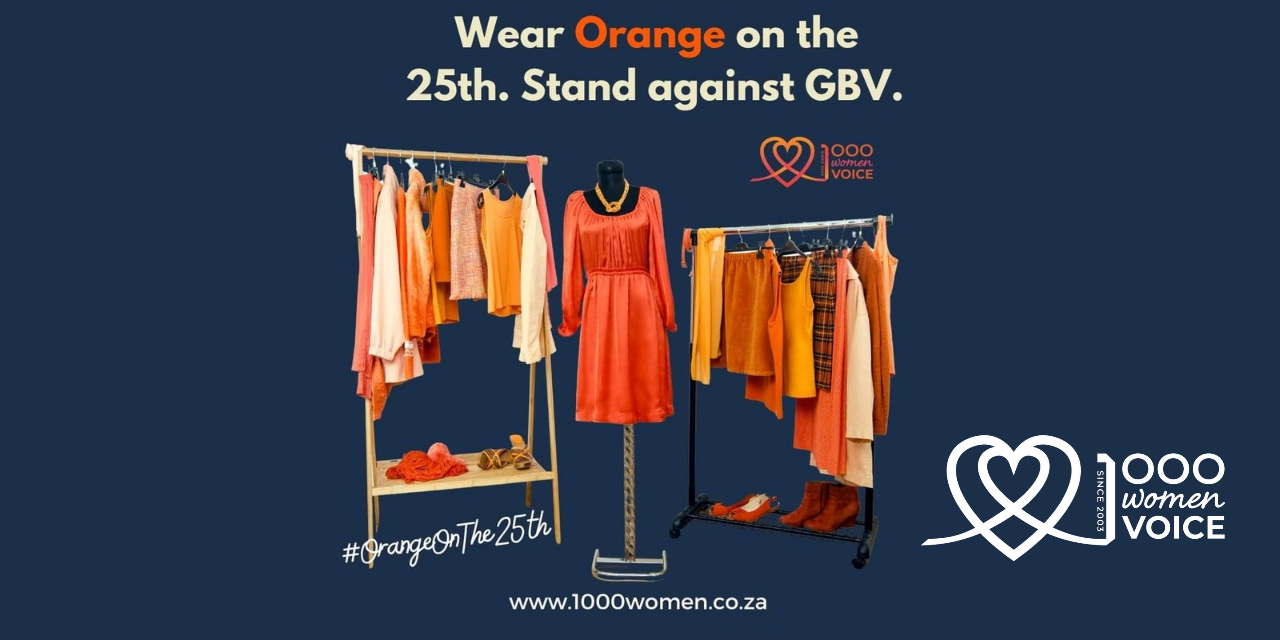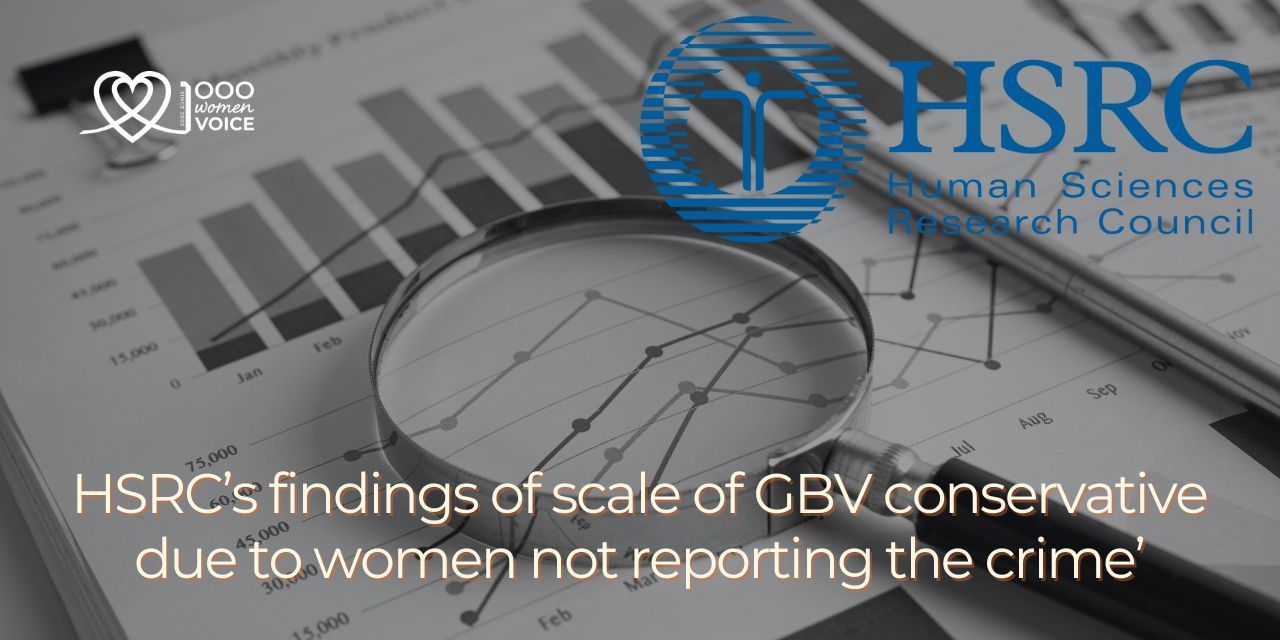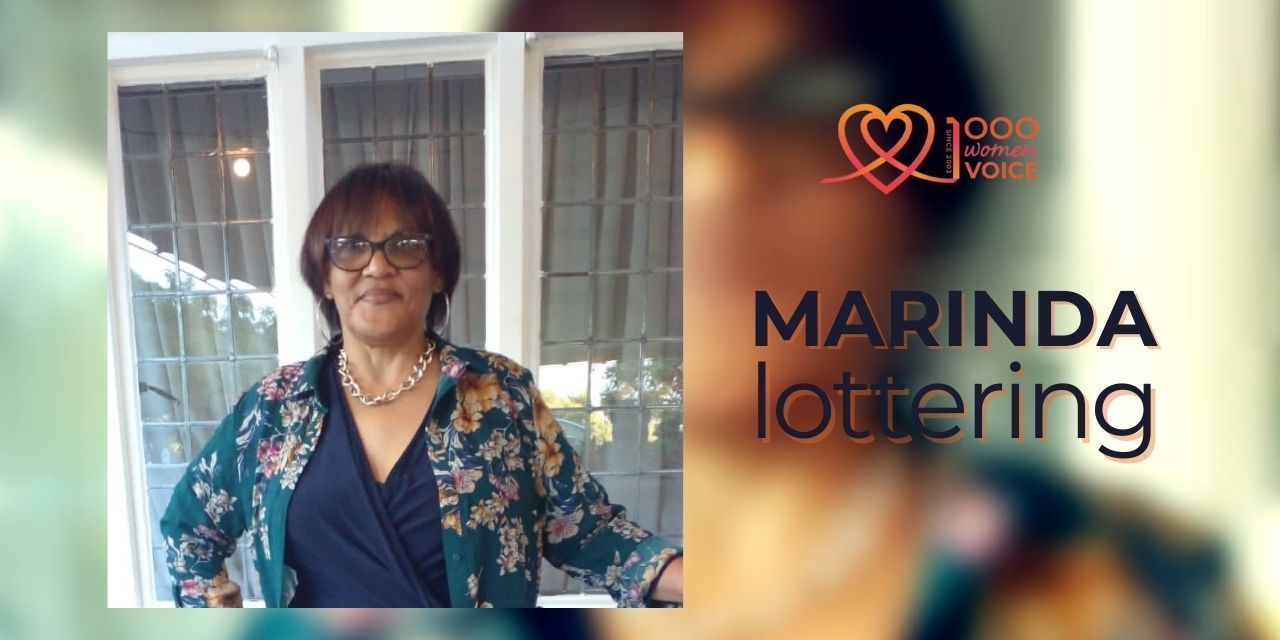Government departments must submit monthly progress reports against GBV, says President
Government departments must submit monthly progress reports against GBV, says President
“We want to do nothing less than fundamentally and forever change society – so that the women and children of this country may live in safety, in peace and in happiness,” were the words of President Cyril Ramaphosa during his address during the second presidential summit at the Gallagher Estate on Tuesday 1st November where he addressed more than 800 delegates.
Ramaphosa admitted that the government failed the women and children of the country, as he said that data from the South African Police Service showed that sexual offences and rape increased by 13 % between 2017/2018 and 2021/2022.
Between the first quarter of 2021 and the first quarter of 2022 there was a 52 per cent increase in the murder of women, and 46 per cent increase in the number of children murdered.
Not a day goes by without a story in the newspapers, on television or online about a woman or child that has lost their life or been abused in the most horrendous manner.
Since the rape and murder of 19-year-old Uyinene Mrwetyana in 2019 sparked mass marches around the country, there have been so many more women killed by men.
Since then, the nation has been horrified by the brutal violence that took the lives of Tshegofatso Pule, Nosicelo Mtebeni, Hillary Gardee, Namhla Mtwa, Dimpho Skelenge and many other women.
Innocents like Asithandile Same, Tshimologo Lotshabeng, Tazne van Wyk and Reagan Gertse have fallen victim to heartless criminals.
Just as the country was reeling from the news of a gang rape of a group of women in Krugersdorp, we were confronted with the news of the murder of 4-year-old little Bokgabo Poo, who was dismembered and her body parts thrown into a field.
It is a story of a nation at war with itself.
These barbaric acts are a shameful indictment of the men of this country.
It is not women who are responsible for ending such crimes; it is men.
As a society, ending violence against women and children cannot be anything but government’s foremost priority.
This is about the lives of the country’s women and children.
There can be no greater urgency.
This is an accountability Summit.
This second Presidential Summit is for us to assess progress in fulfilling the commitments we made at the first Summit in 2018 and in implementing the National Strategic Plan.
What we have stressed throughout this process is the importance of a collaborative and coordinated approach towards combating gender-based violence and femicide.
To ensure that the issue of gender-based violence receives the highest attention, the responsibility for institutionalising the national strategic plan across all organs of state was placed in the Presidency.
An ‘End GBV’ Collective was established as a multi-sectoral structure to drive collaborative implementation.
Government departments are required to submit monthly reports to the Presidency outlining their respective achievements towards the targets set in the national strategic plan.
This has been key to tracking progress.
The presidency set up an Inter-Ministerial Committee to coordinate the implementation of the national strategic plan across government departments and report regularly to Cabinet.
The Bill that will pave the way for the establishment of the Gender-Based Violence and Femicide Council is currently before Parliament.
.
In 2020, government also passed the Cybercrimes Act, which affords protection against sex crimes like so-called revenge porn, threats of sexual violence, blackmail and other acts that disproportionately affect women, especially young girls.
The Department of Justice and Correctional Services is seized with implementing reforms in the criminal justice system to ensure that the system prioritises survivors and their needs.
There has been particular focus on the accessibility and functioning of Sexual Offences Courts.
Since the last Presidential Summit, 83 courts have been upgraded into Sexual Offences Courts.
We have prioritised support for survivors through adequate sheltering services and one-stop services for victims of trauma.
Expanding the network of Thuthuzela Care Centres was one of the commitments government made at the 2018 Presidential Summit.
Since the National Strategic Plan was adopted, government opened more new centres around the country.
Another centre will be opened in Limpopo later this month.
This will add to the increase of Thuthuzela Care Centres across the country.
Apart from being places of refuge and support, these centres are proving effective in improving conviction rates.
In the last financial year, a conviction rate of 77 per cent was obtained for cases reported at Thuthuzela Care Centres.
As it stands, out of 52 districts across the country, 45 have at least one gender-based violence shelter and 85 per cent of these are government funded.
The Department of Social Development has established a National Emergency Response Team to offer trauma debriefing in emergency situations.
The Gender-based Violence Command Centre has been further capacitated with a new facility that can accommodate more personnel.
A key aspect of the National Strategic Plan is the economic empowerment of women.
“Since announcing our determination to direct at least 40 per cent of public procurement to women-owned businesses, we have sought to establish an enabling environment to support women entrepreneurs,” said Ramaphosa.
This fight is about far more than ensuring that survivors of GBV get justice.
It is about preventing violence against women and children from happening in the first place.
“It is in the area of prevention that government need to place greater attention, exert more effort and dedicate more resources.
“As government we have developed a comprehensive National GBVF Prevention strategy, and in March this year, we also launched the National Integrated Prevention Strategy against Femicide.
“But we have not mobilised the resources required for effective behaviour change programmes that link up with the efforts of social partners in communities to address the attitudes and actions of men.
“In every part of society, in every workplace, in every school and college and university, in every government department, in every municipality, in every community, we need to be organising men’s dialogues.
“We need to reach out to boys and young men to develop masculinities that value respect, understanding and accountability.
“A good example of this is the project by Prime Stars, which, in collaboration with government, focuses on redefining masculinity among young men.
“This programme needs to be rolled out to all the schools in the country.
“We need to see the President, Ministers, Premiers, religious leaders, sports people, artists, educators, business leaders and many others participating in various dialogues, outreach and awareness-raising activities,” Ramaphosa said.
For more information, visit 1000 Women Trust on www.1000women.co.za or email the Trust at info@1000women.co.za.
